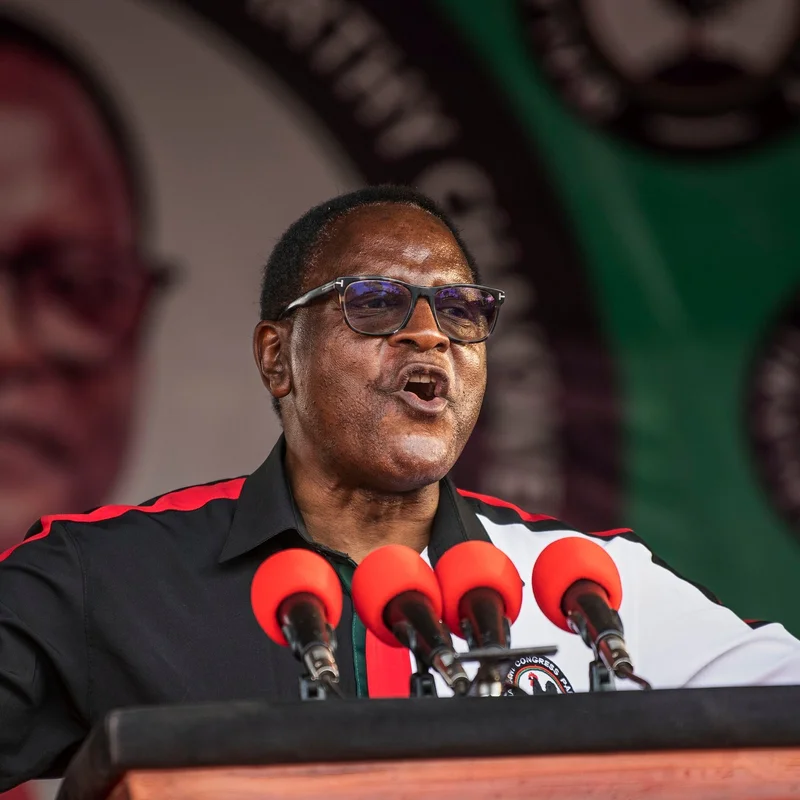In a rare show of democratic maturity in a region often marred by electoral turmoil, Malawi’s President Lazarus Chakwera conceded defeat on September 24, 2025, clearing the way for his predecessor, Peter Mutharika, to return to power after winning nearly 57% of the presidential vote .
The concession came despite allegations of voting irregularities and a last-minute legal challenge by Chakwera’s party. Yet, in a nationally televised address, the outgoing leader emphasized constitutional respect and peaceful transition—echoing Malawi’s reputation as a democratic beacon in southern Africa.
🕊️ Why It Matters: Malawi is one of the few African nations to have annulled a flawed election (2019) and held a credible rerun (2020)—and now, it has completed a peaceful transfer of power back to a former leader.
Election Results at a Glance
| Candidate | Party | Vote Share | Previous Role |
|---|---|---|---|
| Peter Mutharika | Democratic Progressive Party (DPP) | 56.8% | President (2014–2020) |
| Lazarus Chakwera | Malawi Congress Party (MCP) | 33.1% | Incumbent President (2020–2025) |
| Other Candidates | Various | 10.1% | — |
From Rivalry to Respect: A Democratic Cycle Completed
The 2025 election marks the culmination of a dramatic political arc:
Mutharika declared winner amid fraud claims; court annuls result.
Historic rerun: Chakwera defeats Mutharika in free and fair vote.
Chakwera concedes; Mutharika returns to office peacefully.
Why Did Voters Shift Back?
Analysts point to economic hardship as the decisive factor. Despite democratic gains, Chakwera’s administration struggled with:
- 📉 Soaring inflation (over 25% in 2024)
- 🍞 Food insecurity affecting 40% of the population
- 💧 Foreign currency shortages crippling imports of fuel and medicine
- 📉 Unemployment among youth exceeding 30%
“People voted with their stomachs,” said political analyst Thandie Mwale of the University of Malawi. “Democracy matters, but so does bread on the table.”
Legal Challenges and Electoral Integrity
Chakwera’s party filed an injunction to halt the results announcement, citing ballot stuffing and voter suppression in key districts. However, the High Court ruled that results could be released pending a full review.
In his concession speech, Chakwera urged the Malawi Electoral Commission to “conduct a full audit” but affirmed: “The anomalies do not change the outcome.”
What’s Next for Malawi?
Peter Mutharika, now 85 and a Yale-educated former law professor, will be sworn in for a second non-consecutive term. His first term (2014–2020) was criticized for authoritarian tendencies and corruption scandals—but this time, observers say he inherits a nation demanding both stability and reform.
International partners, including the U.S. and EU, have praised Malawi’s peaceful process and pledged support for economic recovery.
For more on democratic transitions in Africa, see our feature on democratic resilience in sub-Saharan Africa.
For verified election data and governance metrics, refer to the International Institute for Democracy and Electoral Assistance (IDEA).




